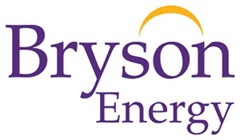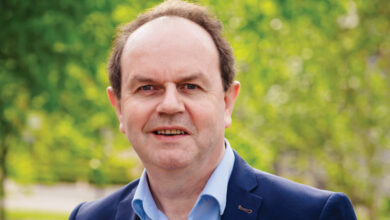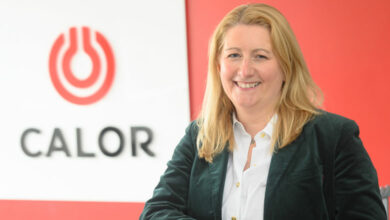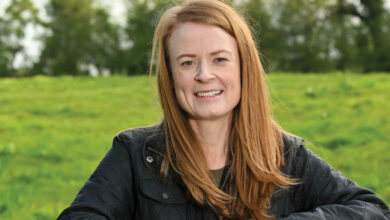Whole house solutions
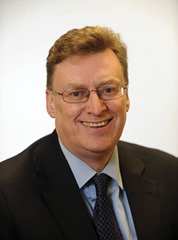 Bryson Energy’s Director, Nigel Brady, explains how looking at all aspects of a dwelling is key to tackling fuel poverty.
Bryson Energy’s Director, Nigel Brady, explains how looking at all aspects of a dwelling is key to tackling fuel poverty.
Northern Ireland has one of the highest levels of fuel poverty in the European Union, with current estimates indicating that 42 per cent of households are affected. Essentially, there are three aspects that have a role to play in fuel poverty: energy efficiency, fuel costs and income.
Bryson Energy is Northern Ireland’s regional energy agency and one of the largest and most successful of 380 pan-European energy agencies. Last year, we advised over 10 per cent of Northern Ireland households on energy-related issues.
In Northern Ireland oil is the most common fuel for heating homes and this creates an over-dependency on one particular type of fuel. As a result, fuel poverty initiatives are significantly different to those in other regions of the UK.
Bryson Energy is one of the delivery agents of the ‘Warm Homes Scheme’, the Executive’s main tool for tackling fuel poverty. Although the scheme has assisted 50,000 homes since 2009, it is clear that the scheme’s emphasis on the energy efficiency of the home is restrictive.
Indeed, the Department for Social Development has initiated a public consultation ‘From Fuel Poverty to Achieving Affordable Warmth’ which outlines proposals to change the delivery of energy efficiency improvements to low income households. Key changes identified include revising the qualification criteria and the energy efficiency measures available. While physical measures such as oil, electric, gas, pellet heating, loft insulation, cavity wall and solid wall insulation and renewables must be installed to achieve significant thermal improvement, there are other aspects that simply cannot be ignored.
Data collected by the University of Ulster show that almost all those in extreme fuel poverty (some 33,499 households) rely on oil for their main heating system, but only 25 per cent of these households shopped around for the best price before purchase. It is clear that energy brokering and budgeting need to feature in any ‘whole house’ solution.
To ensure that households experiencing fuel poverty can access available support, a comprehensive framework which facilitates two-way engagement must operate. Those seeking assistance must have a central point of contact that can provide advice.
Renewable technologies are a growing industry and there is a challenge around how we bring the benefits of this technology to households that can least afford them. A growing number of firms in Northern Ireland provide photovoltaics (PVs) free to households with suitable properties.
Local partnerships are vital to achieving ‘whole house’ solutions to fuel poverty and the social enterprise model provides a level of flexibility that can allow other factors such as sustainable employment created as part of the delivery model to feature in any future programme of spend.
Fuel poverty is an issue that impacts particularly on older people. Early intervention in terms of household upkeep can assist in preventing certain issues from developing into problems. For example, clear guttering can prevent spouting overflows, which in turn can prevent damp from developing in houses. Or similarly, infrequent boiler servicing can result in heating systems using more fuel than necessary. To address these aspects, Bryson Energy is currently piloting a ‘handy person’ service to help vulnerable householders with all those issues that help to allow them stay in their homes.
The consultation process presents the public with an opportunity to articulate their views on how they believe fuel poverty should be effectively addressed in Northern Ireland.
To find out more please log onto www.brysonenergy.org or call 028 9045 5008. Bryson Energy is part of the Bryson Charitable Group, Northern Ireland’s leading social enterprise.

